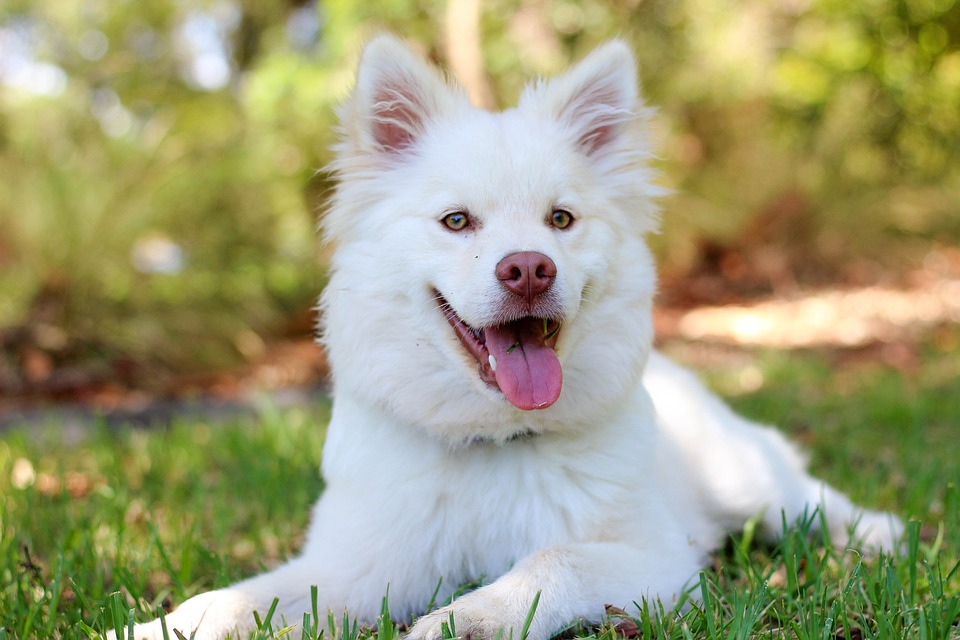Keeping your dog’s teeth and gums healthy is crucial for their overall well-being. Dental problems in dogs are quite common, and if left untreated, they can lead to severe health issues. In this article, we will explore how to recognize signs of dental problems in dogs and provide effective strategies for maintaining their oral hygiene. We will also address frequently asked questions regarding dog dental care.
Recognizing Signs of Dental Problems:
Regularly examining your dog’s mouth can help you identify potential dental issues early on. Here are some key signs to watch out for:
1. Bad Breath: Persistent foul breath is often an indicator of dental problems such as periodontal disease or tooth decay.
2. Excessive Drooling: If your dog is drooling excessively, it may suggest pain or discomfort related to oral health problems.
3. Difficulty Eating or Loss of Appetite: Dental issues can make it painful for dogs to chew or eat, leading to reduced appetite or reluctance to eat altogether.
4. Swollen or Bleeding Gums: Inflamed or bleeding gums can be a sign of periodontal disease, which requires immediate attention.
5. Visible Tartar Build-up: Tartar accumulation on teeth appears as yellow or brownish deposits and can contribute to gum disease if not addressed promptly.
Maintaining Oral Hygiene in Dogs:
Preventing dental problems in dogs involves regular care and a proactive approach. Here are some essential tips for maintaining their oral hygiene:
1. Regular Brushing: Brush your dog’s teeth at least 2-3 times a week using a dog-specific toothbrush and toothpaste. This helps remove plaque buildup and prevents tartar formation.
2. Appropriate Chew Toys: Providing your dog with dental chew toys or treats can help reduce plaque and tartar accumulation. Opt for toys specifically designed to promote oral health.
3. Dental Diets and Treats: Specialized dental diets and treats are available that aid in plaque removal and freshen your dog’s breath. Consult your veterinarian to find the most suitable options for your furry friend.
4. Professional Dental Cleanings: Schedule regular dental check-ups and cleanings with your veterinarian. They can identify and address any potential dental issues early on.
5. Water Additives and Mouthwashes: Some water additives and mouthwashes formulated for dogs can help control bacterial growth and promote oral health. However, consult your vet before using any such products.
FAQs about Dog Dental Care:
1. How often should I brush my dog’s teeth?
– Ideally, you should aim to brush your dog’s teeth at least 2-3 times a week. However, daily brushing is recommended for optimal oral hygiene.
2. Can I use human toothpaste for my dog?
– No, human toothpaste contains ingredients that can be harmful to dogs if swallowed. Always use toothpaste specifically formulated for dogs.
3. Are there any alternatives to brushing for maintaining oral hygiene?
– While regular brushing is the most effective method, you can supplement it with dental chews, treats, and specialized diets designed to promote oral health.
4. When should I seek veterinary help for my dog’s dental problems?
– If you notice any signs of dental issues, such as bad breath, swollen gums, or difficulty eating, it’s crucial to consult your veterinarian promptly. They can provide a proper diagnosis and recommend appropriate treatment.
Conclusion:
Maintaining proper oral hygiene is essential for your dog’s overall health and well-being. By recognizing early signs of dental problems and following a consistent dental care routine, you can help prevent potentially severe dental issues in your furry companion. Remember to consult your veterinarian for personalized advice and regular dental check-ups to ensure your dog’s teeth and gums stay healthy for a lifetime.









